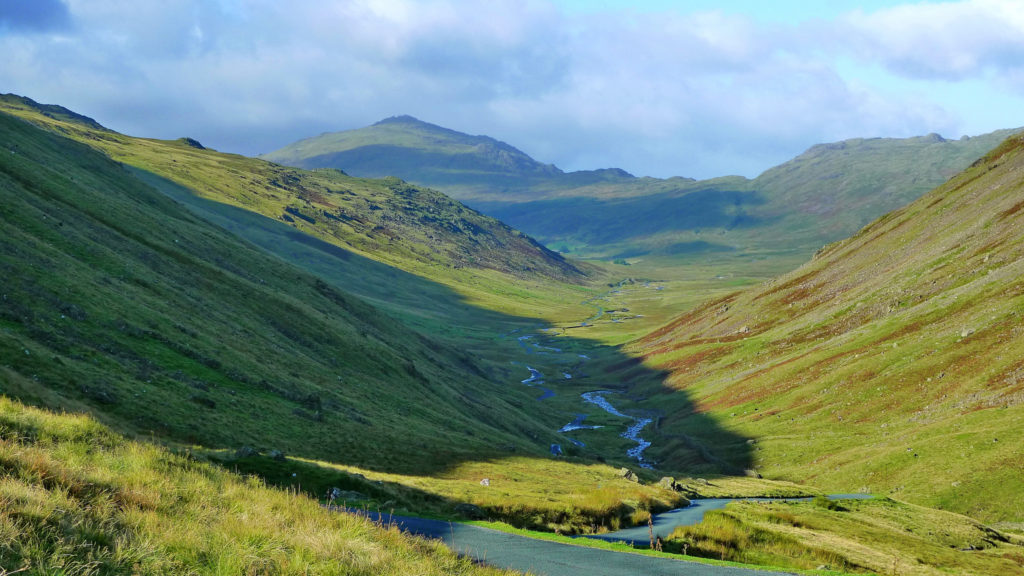
The Wordsworth Route, Lake District, England, allows you to follow in the footsteps of William Wordsworth, an outstanding English poet. The sound of grass and trees rustling with the wind fills you with tranquility, peace, and inspiration. Surrounded by green hills and swirling clouds, Lake District National Park is full of stories, literature, and natural life. Get lost in its wonder, in its painting-like hills, as beautiful as intriguing. Breathe in the fresh air as you walk through the beautiful countryside that Lake District offers, or as it is popularly called, “The Lakes”.
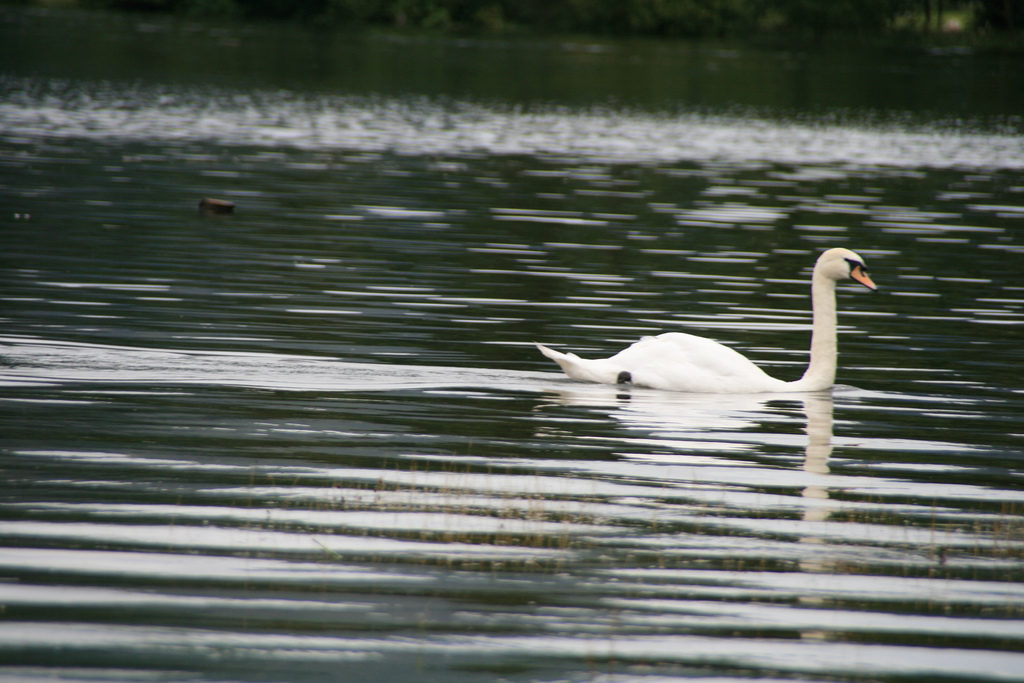
Things to do
Lake District is known for its beautiful landscapes. However, this place had greater popularity thanks to the lasting influence of William Wordsworth, who lived there many years of his life. Inspired by nature to perform his works, he impregnated the mountains and the incredible valleys with literary history. For this reason, Lake District National Park became a mythical place, and one of the main destinations of England. Today, it is a UNESCO World Heritage Site declared.
Wordsworth House
Wordsworth was born in Cockermouth, back in 1770, and grew up on a house of white walls now known as Wordsworth House. Everything in the house is arranged to make it look exactly as it did while Wordsworth and his family lived there. The house is incredibly well preserved, with fruits and vegetables filling the garden. Wordsworth’s museum, displaying original manuscripts in his handwriting, is next to the house.
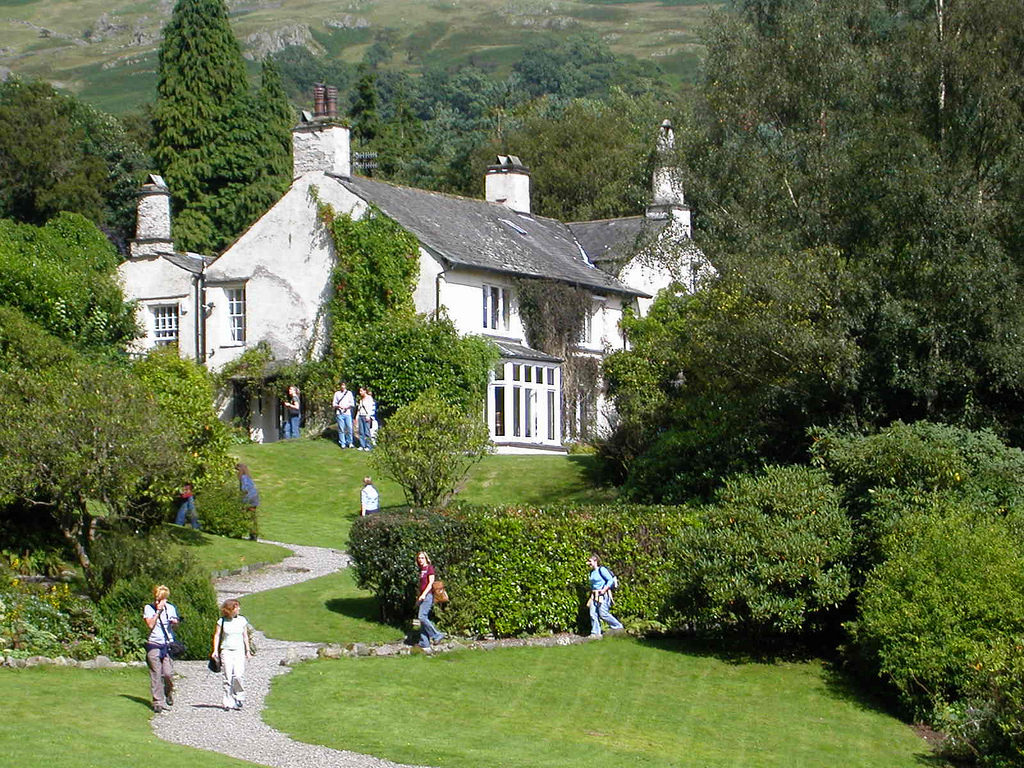
Dove Cottage
There is a route that begins here in Cockermouth, taking you southwest towards Grasmere. Wordsworth had left Lake District in 1787 to attend Cambridge University, and in 1799 he returned. Then, as he toured various towns in Lake District, he reached Grasmere and came across Dove Cottage; and he was fascinated. Only a few months passed and he was living in Dove Cottage, along with his sister.
Later, in 1802, Wordsworth married his childhood friend Mary Hutchinson, and she moved to Dove Cottage with her sister. By 1806, they already had three children, and the cottage just wasn’t big enough for seven people so, in 1808, the Wordsworth family left. He wrote many poems during these years, and his sister wrote her renowned Grasmere journal. Today, you can tour the cottage where they lived for almost a decade, still filled with personal possessions.
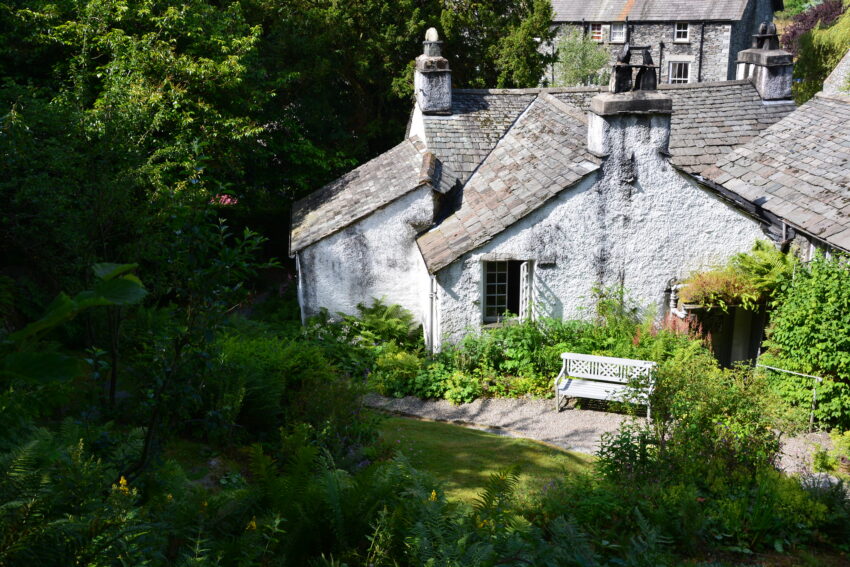
Allan Bank
The last two Wordsworth children were born in Allan Bank, also located in Grasmere. But William referred to the house as an eyesore, and after discussing with their landlord, the family moved again. Since they lived in Allan Bank for only two years, the house feels clearly different than the other two residences. However, there is a painting room with an amazing view, so you can let your creativity fly.
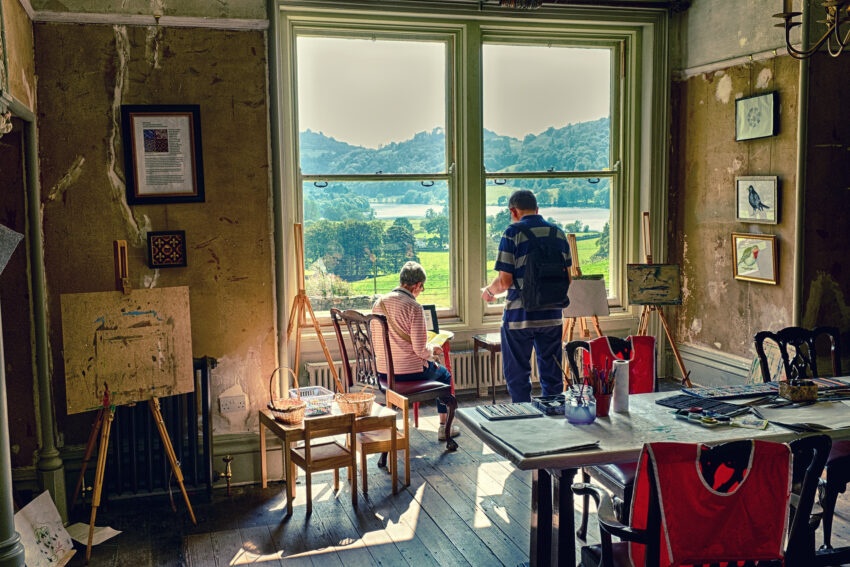
The Old Grammar School
Head south to the town of Hawkshead, where you will find the school William and his brother John attended when they were young. The Old Grammar School is open to the public, with an exhibition displaying the history of the school. Besides, many desks that still have patterns and words that Wordsworth himself carved.
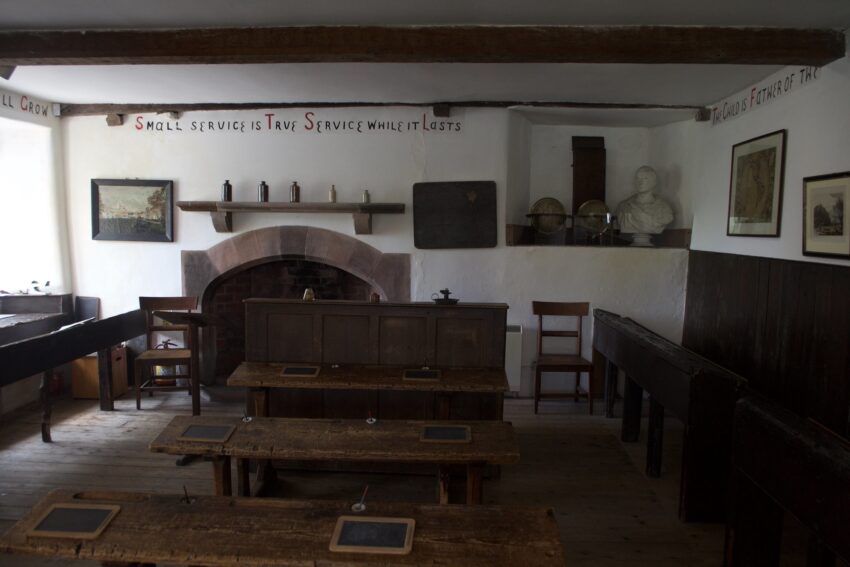
The Lakes
16 lakes, 53 tarns, and many “waters” make up Lake District. Standing on the shores and watching the water slightly wave with the wind fills you with a sense of calmness. Each one of these bodies of water has its own charm and backdropped by mountains, they become the perfect landscape.
In almost every town you visit, there is at least one lake or water. Grasmere has a small, but beautiful lake; you can walk around it, or sit on its shore to enjoy the fresh air. On your way from Cockermouth to Grasmere, you pass through the town of Keswick, a favorite among photographers and artists. Here, you can watch the Theatre by the Lake, just on the shore of Derwentwater lake.
Heading east from Hawkshead, you reach the town of Windermere, and its lake with the same name: the largest lake in England.
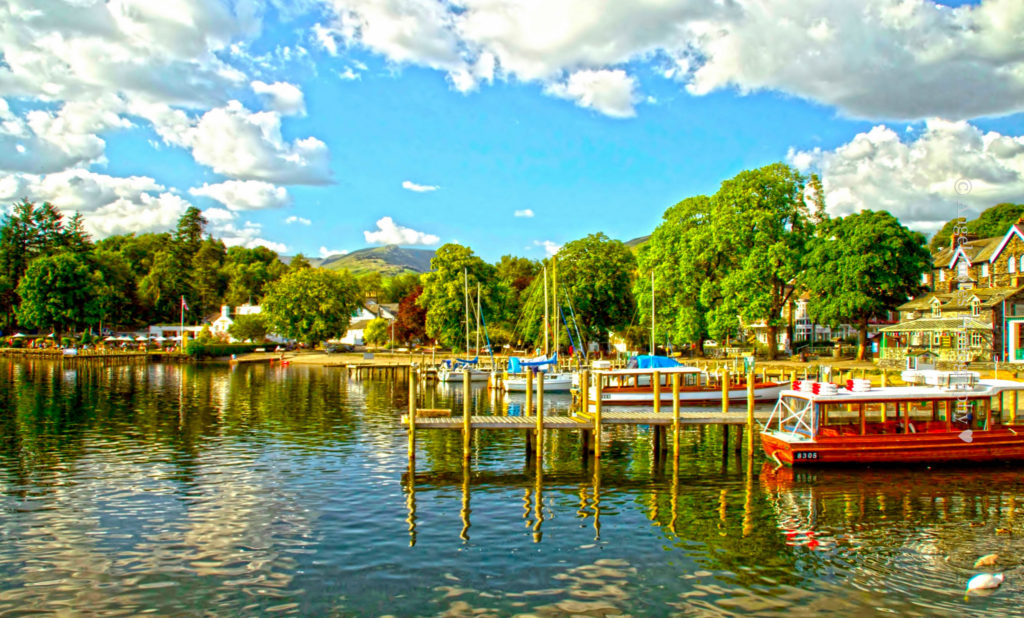
Source by AngelJoules on Flickr – Under Creative Commons License
The Fells
This is how the locals refer to the mountains and hills on the Lake District. The Lakeland Fells are the only mountain range in England. Its highest peak, Scafell Pike, is only 970 meters (3180 ft); for this reason, The Lakeland Fells are perfect for hillwalking.
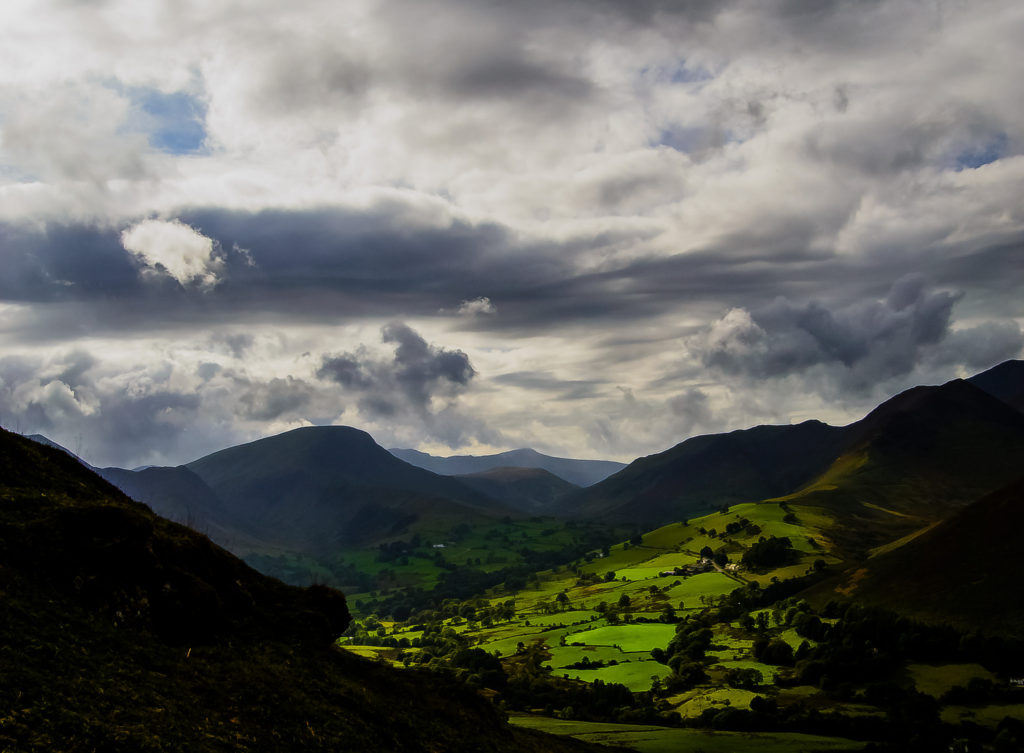
The tour will inspire you as much as it inspired Wordsworth. Even if you are not a Wordsworth aficionado, you can relax and contemplate the most charming place that man has discovered.
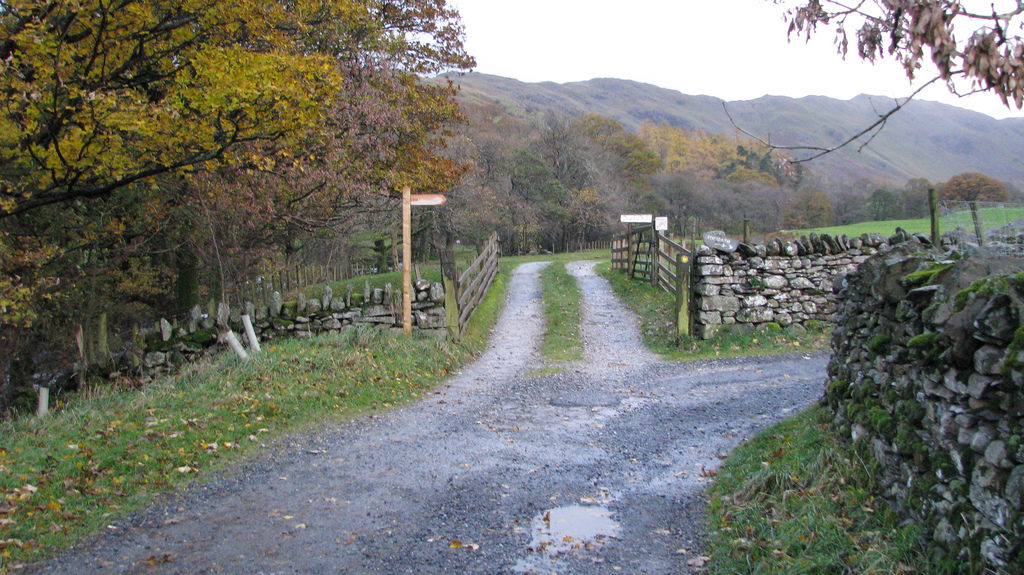
How to get there
The closest airport to Lake District is in the city of Carlisle; Belfast, Dublin, and London serve this airport. For intercontinental and international flights, use Newcastle, Durham Tees Valley, Glasgow, Bradford, Liverpool, Birmingham or Manchester airports. All of them are about a two-hour drive away from the Eastern lakes and two and a half hours from the Western lakes.
To get to the Lake District by train, the West Coast Main Line skirts its eastern edge, with a station at Penrith. From London, it takes 3 hours to reach Penrith. Here, you can take a Stagecoach bus X4 directly to Keswick.
When to go
The peak season in Lake District begins in April and ends in October; July and August are the busier months. Between December and April, the weather usually changes drastically, so if you visit during those months, make sure to check Weatherline regularly. Spring in Lake District is all about colorful flowers and bright green trees; besides, May is the driest month. Fall, on the other hand, offers the best colors, and less crowded roads.
How long do I go for
The ideal length of your visit should be a week; this way, you can explore the many treasures that these 2,300 km2 hide. However, in just two days you can get to know the highlights of Lake District.
Opening and Closing Hours
Wordsworht House is opened every day except Fridays, from 10:30AM to 5PM.
Dove Cottage is currently closed until spring 2020. Find out more information here.
The Old Grammar School is opened only from April 1st to October 31st, Monday to Saturday from 10:30AM to 1:00PM, and from 1:30PM to 5:00PM.
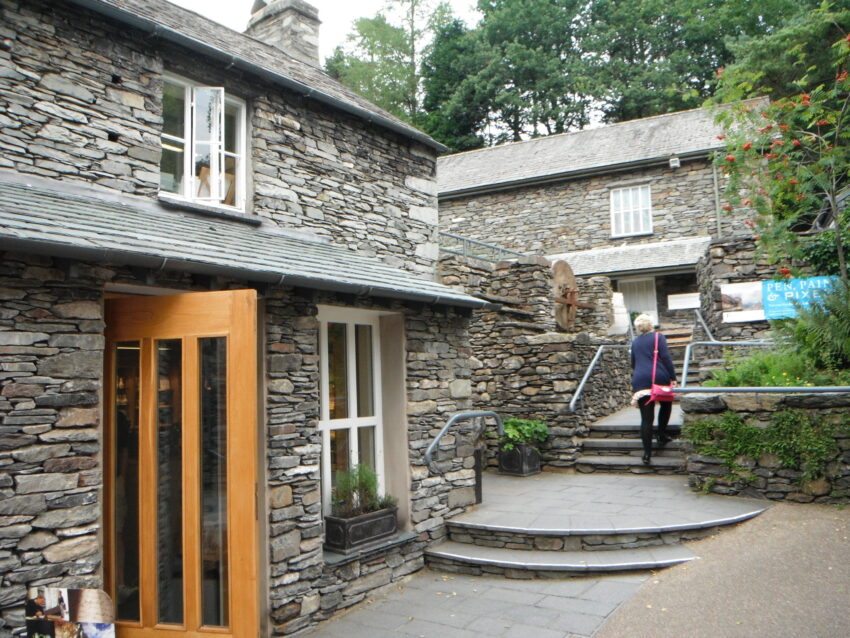
Planning
Book a room at the Inn in Grasmere, a pet-friendly inn located in the center of Grasmere, with amazing views of the mountains around. Above all, it offers a pool, a gym, and free WiFi. Since the inn is not highly advertised, it’s not so popular, but I recommend checking availability and booking in advance.
Lake District is served by multiple bus routes, many of them operated by Stagecoach. However, since this is a rural area, routes are limited to the roads in the valleys; plan your travel in advance to avoid issues with transportation.
Inside Information
People from all over the world visit the Lake District all year long, which can cause crowds to gather at the most popular attractions. Since the area is mountainous, phone reception can be really bad in Lake District.
Go to the Keswick Information Center if you need any advice about the National Park. They’re open from 9:30 AM fo 4:30 PM, and the friendly staff is always happy to help.
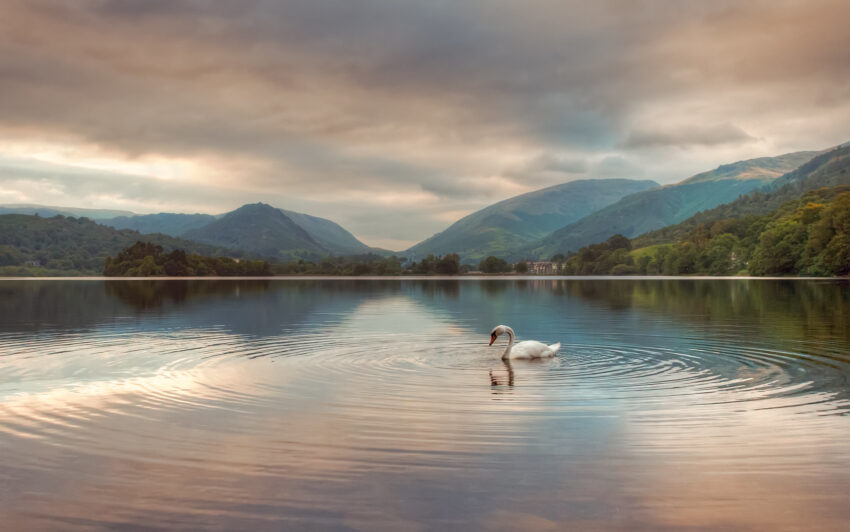
Entry Requirements
The map below shows which countries require a visa to enter the United Kingdom. Countries in dark blue have freedom of movement throughout the UK, countries in dark green have visa-free travel to the UK, and countries in grey will require a visa to enter.
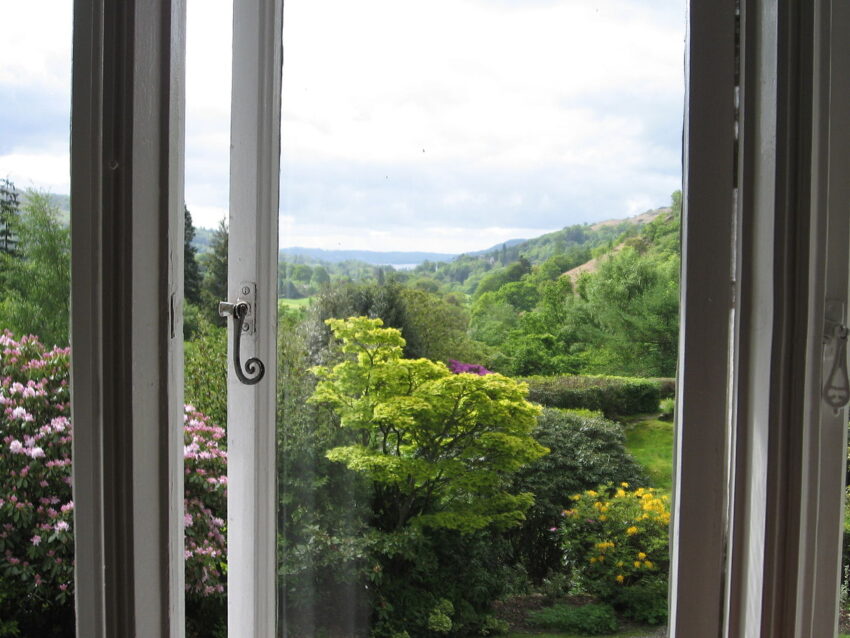
Local Laws and Customs
Smoking is prohibited in all public buildings, the ban being almost universally enforced; all enclosed workplaces are required to be smoke-free.
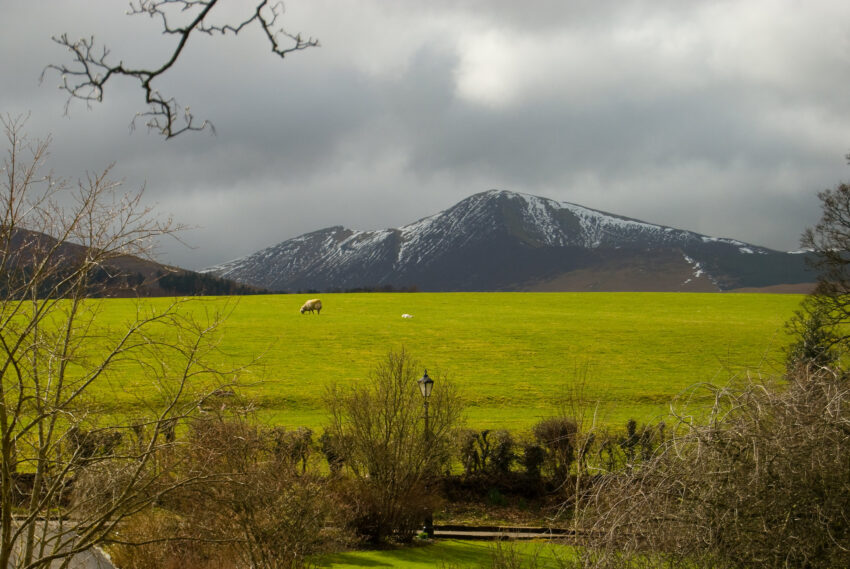
Money
The currency in England, and therefore in the Lake District, is Pounds Sterling (GBP). Bank of England notes are accepted all over the United Kingdom; however, you may have trouble using Northern Irish and Scottish notes in England, since shop staff can be unfamiliar with them.
Most shops and restaurants accept credit cards, Visa and MasterCard above all. Some places also take Debit cards with the Maestro logo. Many establishments don’t accept American Express cards; however, most restaurants do.
What to Buy
When you are in Grasmere, stop at The Grasmere Gingerbread Shop for the best gingerbread in the world. It’s a small shop, where you can buy Grasmere Gingerbread for yourself or for those you left back home. This is Sarah Nelson’s wonderful mixture between spicy and sweet in a biscuit/cake cross, created in 1854. Her original secret recipe is still being used now, over 160 years later. And the shop’s butter rum is not so far from being perfect either.
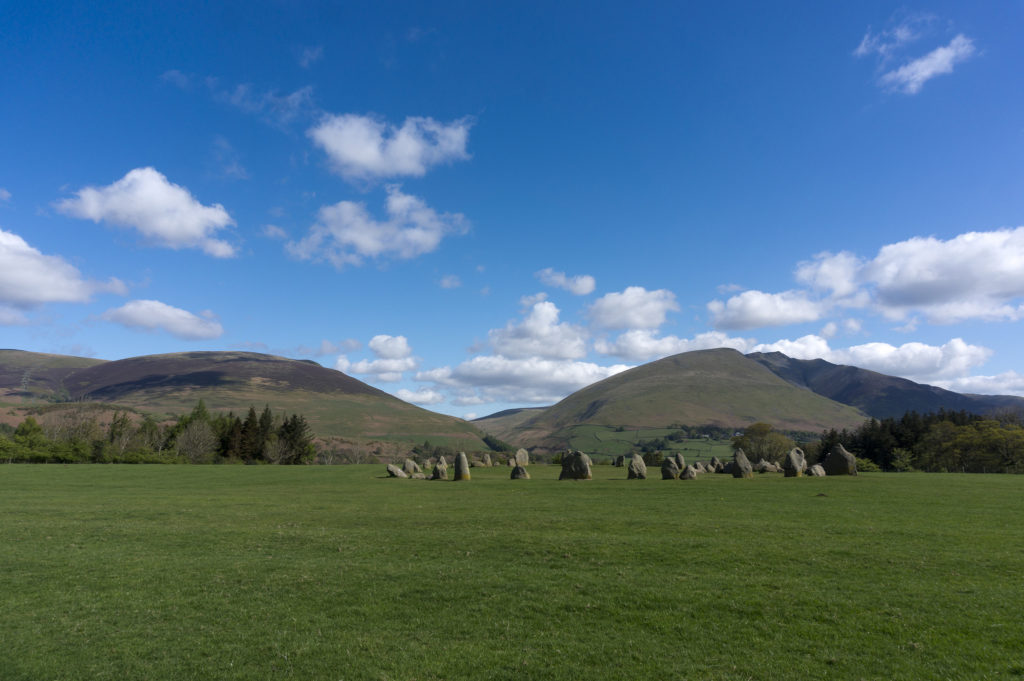
Safety and Security
Crime
Cumbria is a relatively quiet and rural county. As it is usual in England, larger towns stick to a binge drinking culture on weekend nights; be safe around these days. Besides, you can spot police signs warning you to not leave your valuables on show in your car.
Sexual Assault
Unlicensed minicabs are known to be dangerous for lone females. Passengers can be taken to a secluded area, and then raped. In any case, you have the right to ask to see a taxi driver’s license and turn down the service if they don’t show it.
Health
If you go hillwalking, remember the temperature drops one degree every 150 meters (4900 ft) you ascend. The mountains can be dangerous for walkers, and underestimating them can be fatal. Be sure to follow all precautions while walking.
Natural Disasters
In any emergency call 999 or 112 and ask for “ambulance”, “fire”, “police” or “coast guard” when connected.
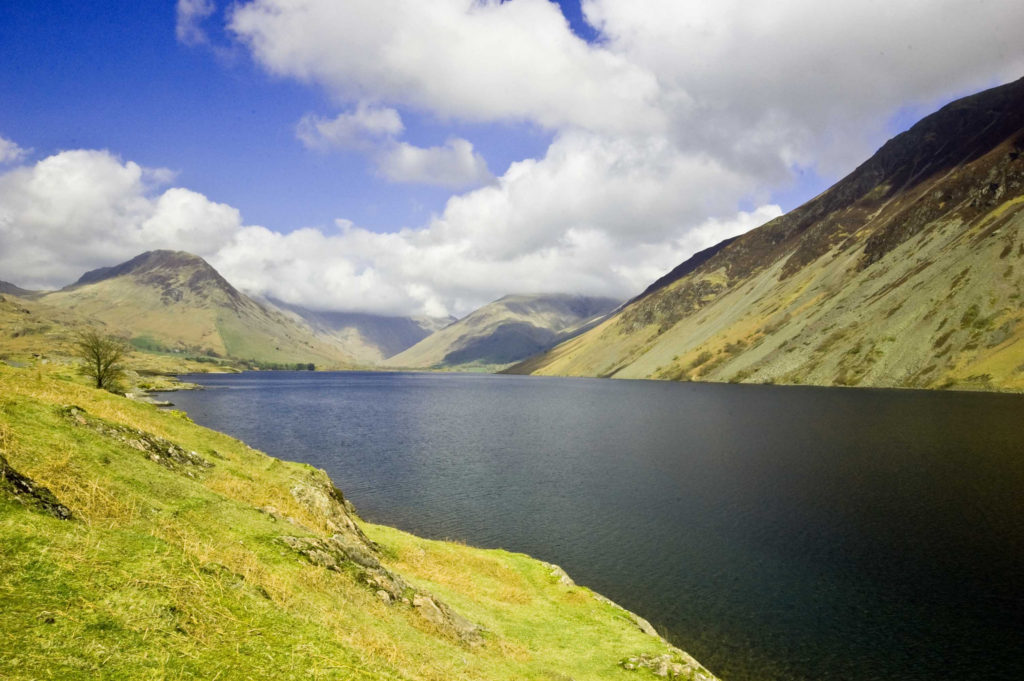
History
The area where Lake District stands today was first settled in the Stone Age. The Romans cleared the woods to produce charcoal to smelt lead in Glenridding, and copper in Coniston. Today, you can still hear some of the words they left as a legacy, like ‘gill’ (gorge), ‘beck’ (stream), ‘tarn’ (lake), ‘dale’ (valley) and ‘force’ (waterfall). Above all, ‘thwaite’ is the most commonly used, meaning ‘a clearing in a wood’.
In the 19th century, the railway in the town of Windermere gave way for tourism to begin in the National Park. Then, William Wordsworth’s work and presence helped increase tourism in the area. He was inspired by Lake District to write one of his best-known poems, I Wandered Lonely As A Cloud.
Websites
Lake District Official Website
Other Nearby Attractions
The Coast to Coast Walk
Starting in St Bees, Cumbria, this walk is another way to explore Lake District National Park. Going from the west coast to the east coast, the Coast to Coast Walk passes through Lake District, Yorkshire Dales and North York Moors. It’s one of the best ways to explore these three National Parks. The walk ends in North Yorkshire, specifically in Robin Hood’s Bay.
If you loved this article or found it useful, don’t forget to share it with your adventurous and travel-hacking friends! If you want more posts like this, follow us on Youtube, Instagram, Pinterest, Twitter Facebook or Reddit and subscribe to our newsletter!

